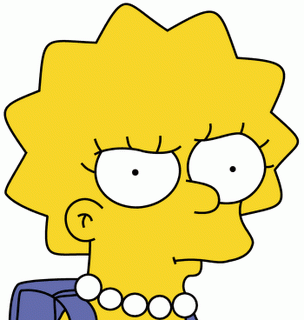Yes, that TIME.
The self-same TIME Magazine that, just over one month ago, suggested ‘feminist’ as a legitimate contender on their annual poll of words to be banned in the coming year, saying the political label might be “the worst word of 2014.” The TIME that sacrificed critical thinking and nuance for 4Chan page views, even in a year when online harassment of women has perhaps been more serious (and certainly more discussed in mainstream media) than ever before. The TIME that had a public laugh at the expense of a political movement which has made life better for all genders, a movement still engaged in an essential but imperiled battle for the rights of people everywhere.
Yep, that very same TIME Magazine is now claiming in a year-end roundup that “there has never been a better year for women than 2014.” Massive side-eye. (And sure, try and ban “side-eye” while you’re at it, TIME. The more desperate your stranglehold on language’s evolution, the faster it slips through your fingers.)
TIME‘s look back at 2014 is in many ways inspiring, if not comprehensive (the article totally ignores landmark events from the past year for trans women, and, of course, neglects to mention the backlash to its own poll). Looking back over the past twelve months, TIME argues that “2014 has been a year of setbacks, indignities and outrage. It’s not been great. But it’s better than ever:”
Think about it. Frozen, a sister-love story, became the highest-grossing animated film of all time. While performing songs from her 2013 surprise album, Beyonce quoted Nigerian author Chimamanda Adichie’s thoughts on feminism in front of a live audience at this year’s VMAs. For the first time ever, a woman (Maryam Mirzakhani, a Stanford professor) won the prestigious Fields Medal for Mathematics, widely considered the “Nobel Prize” of math. Janet Yellen became the first female chair of the Federal Reserve, GM and American Apparel both got female CEOS, and Apple and Facebook offered to cover elective egg-freezing for their employees. A 17 year-old girl became the youngest person ever to win the Nobel Peace Prize.
The article also looks at some of the setbacks women (primarily American women) have faced over the past year— new threats to reproductive rights, ongoing public approval for domestic abusers, sexual assaults on college campuses:
We didn’t necessarily “win” any of these battles– and when it comes to debates over sexual assaults, domestic violence, and contraceptive coverage, it’s hard to know what “winning” looks like– but we fought them harder and louder than ever before.
Obviously TIME‘s November error in judgement shouldn’t preclude the magazine from covering feminism or women’s rights—if anything, the “worst word” debacle should necessitate more coverage from and about women. But a year-end roundup that doesn’t acknowledge the magazine’s own enormous misstep is not that coverage.
2014 has revealed TIME‘s problem with women, and the magazine’s incapability or refusal to take a nuanced look at the politics of words—two issues that I would argue are inextricably linked. Unfortunately, although TIME‘s relevancy as an institution may be dwindling, its poll opened a window of validation for other publications’ problematic views on feminism—just look at The Washington Times‘ coverage of the ”worst word” backlash.
In some ways, women had an amazing year. TIME has had its worst year ever.
Are you following The Mary Sue on Twitter, Facebook, Tumblr, Pinterest, & Google +?









Published: Dec 26, 2014 03:00 pm